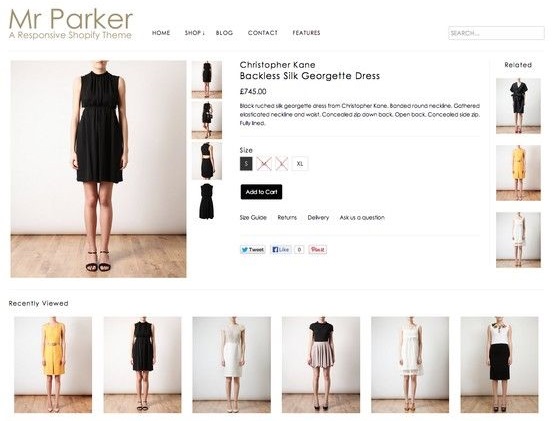It would not be wrong to say that online retail, or online marketplace sales to be more specific, peaked in 2015 mainly due to the endless discounts and sale events hosted by top ecommerce companies. While many traditional brands were increasingly turning to the online retail medium to increase sales, many others wanted a regulator to stop the deep-discounting practices followed by marketplaces.
Following much hue and cry, the Indian government announced new rules to regulate these ecommerce marketplaces, in March 2016. These were meant mainly to curb the negative (alleged) impact of marketplaces like Flipkart and Amazon, and in turn help pure-play platforms like Snapdeal and Paytm.
The Department of Industrial Promotion and Policy (DIPP) allowed 100% foreign direct investment (FDI) in marketplace model of ecommerce. However, limitations were announced:
- Marketplace discounts and predatory schemes like Big Billion Days would come under the scanner
- 25% cap was placed on the sales contribution by a single vendor. This meant that marketplaces could no longer push sales via its own entities like Amazon’s Cloudtail and Flipkart’s WS Retail
The above limitations were set to ensure every retailer – online and offline had a level-playing field without being pushed behind by the big ecommerce players.
Opportunity for big brands
Needless to say, big retail brands stood to benefit from this development. All those that previously sold their stock to Flipkart, Amazon and other marketplaces, entered the ecommerce industry by selling directly. While Ajio.com (Reliance Retail) and Abof.com (Aditya Birla Retail) strengthened their presence, international brands like Xiaomi, Lenovo, Apple, Samsung and others started forming exclusive partnership and creating online-only deals/products with their Indian ecommerce partners.
Although the beginning of the year posed some uncertainty for online retail, it is now clear that ecommerce is here to stay, according to several Indian ecommerce industry projections made by experts Strong brands with distinct value proposition must adopt online retailing, not only to sell their products, but also to share their brand story. Consumers love to connect with brands with a soul, and online consumers more so.
Brands should reach out to consumers directly from their own brand store on marketplaces or through their own online store/website because:
- They can convey directly (in the best possible manner) about who they are, what they do and why a consumer should care about them, and in turn buy from them
- They can command higher margin and reduce cost as they will be able to save channel margin that can be as high as 50-60% of the maximum retail price (MRP) of a product
- They can reach a wide consumer base
- They can push products faster into the market as they do not have to depend on inefficient distribution network for pushing them
- They can manage their own inventory at their own designated warehouse and in turn reduce supply chain costs
- They can sell on any channel without being exclusive to any marketplace


